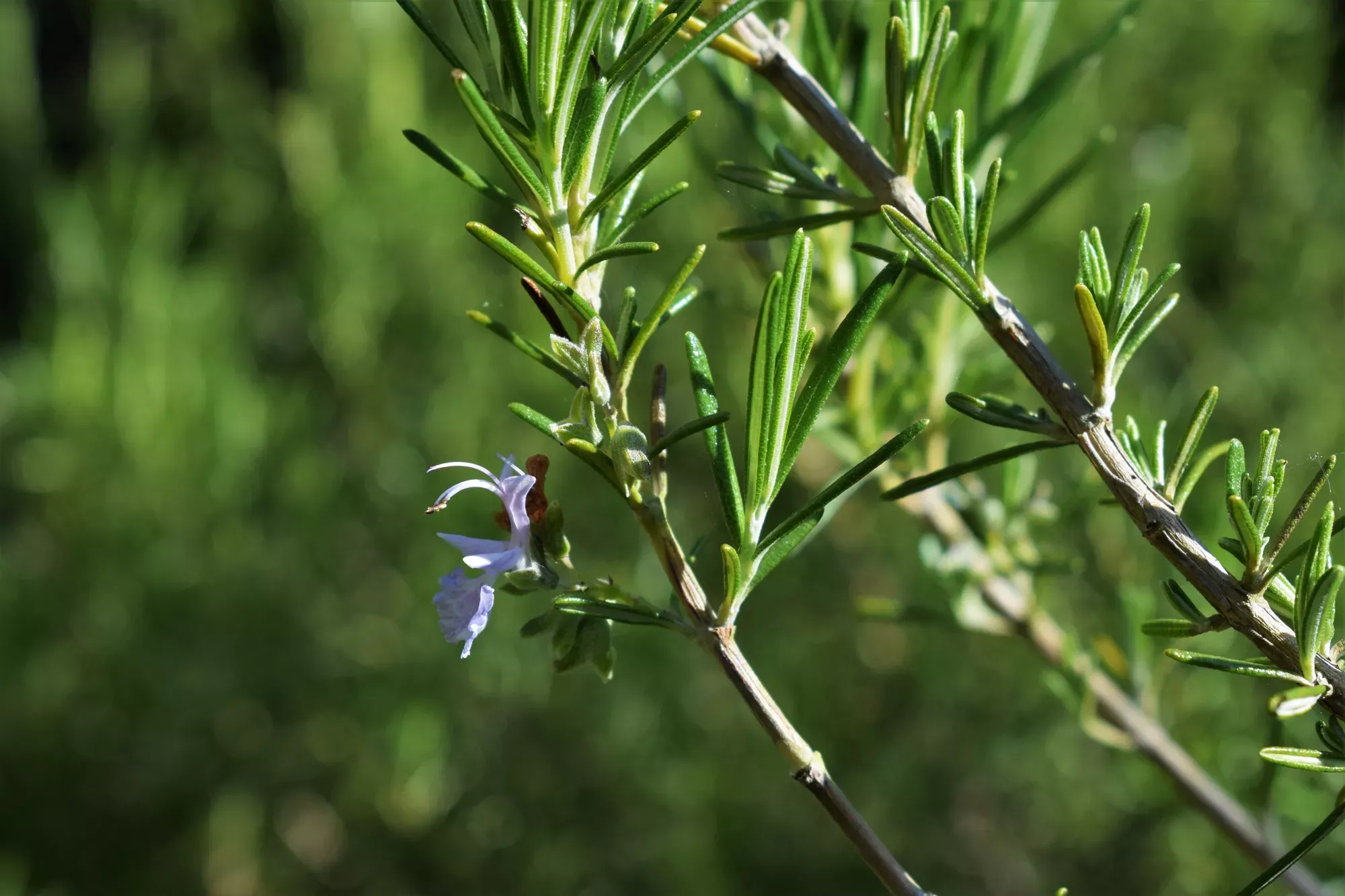12 June 2020
Addressing racism past and present
Richard Deverell, Director of the Royal Botanic Gardens, Kew addresses equality, diversity and inclusion in our organisation.

The recent outburst of rage and hurt around the world following the murder of George Floyd has, through this single human tragedy, brought into focus deep-rooted and longstanding injustices faced by black people.
RBG Kew as an institution cannot stand aside. Like so many other organisations, parts of Kew’s history shamefully draw from a legacy that has deep roots in colonialism and racism.
Much of Kew’s work in the 19th century focussed on the movement of valuable plants around the British Empire for agriculture and trade, which of course means that some key figures in our past and items still in our collections are linked to colonialism.
For more than 260 years, scientists from Kew have explored every corner of the world documenting the rich diversity of plants and fungi. We were beacons of discovery and science; but also beacons of privilege and exploitation.
I acknowledge that I personally benefit from enormous privilege as Kew’s current white, male director. I acknowledge too how little I understand these issues and their daily consequences on the lives of my black and ethnic minority colleagues, our members and visitors. I approach this subject with humility and caution. However, I am committed to addressing these complex and difficult problems and to bringing substantial and enduring change throughout Kew.
There is no acceptable neutral position on this subject; to stay silent is to be complicit. Each of us needs to step up to tackle injustices in our society and our organisations.
In the past week there has been much reflection across Kew.
There is tremendous energy and compassion from our employees who want to accelerate Kew‘s transformation into the open and diverse organisation we must become. We have started (but only started) necessary reflection on where we have failed and how much more there is to do.
There is much to learn and to question:
- How do we develop a more inclusive environment and remove barriers to build a more diverse workforce?
- How can we ensure that visitors from all communities and ethnic groups feel welcomed at Kew and see their cultures and stories reflected here?
- How do we better understand and take accountability for the harm caused by Kew’s role in colonial exploitation? How should this shape the stories we tell about our collections?
- How will we know that we are acting in ways that respect diversity and value people as individuals?
Equality, Diversity and Inclusion (EDI) is important to us, and we knew we needed to do better, which is why it is a strategic priority to our People and Culture strategy.
There is much to do.
In the coming months, we will challenge, enhance and start to bring alive the EDI strategy we began in 2019.
Success will require us to embed changed behaviours throughout the organisation. These need to include behaviours which promote diversity and inclusion, how we work with schools and communities and how we curate and interpret our collections.
We have more questions than answers. However, we commit to:
- Establishing standards, policies, practices and behaviours that value and embed diversity and inclusion, ensuring our people know what is expected of them and that our visitors feel welcomed.
- Inviting critical friends to the table to have the difficult conversations to keep us moving forward
- Re-examining our collections to explore and acknowledge racist or exploitative legacies and to broaden the diversity of stories we tell about these difficult histories. Furthermore, to include indigenous contributions in these narratives.
- Working with colleagues across the scientific and cultural sectors to share best practice and research approaches.
- Producing an annual EDI report to our Trustees noting progress, lessons learned and future priorities.
Today, Kew’s goal is to research and protect plants and fungi for the benefit of our planet and all humanity.
We want everyone to be inspired by the natural world and to feel motivated and supported in contributing to its protection. We can only achieve this when we fundamentally change how we engage with our workforce and all communities.
RBG Kew has made mistakes and I am sure we will continue to do so, but we also know we can improve. I’m determined to see that we do.
